The combative, pugnacious Gaven Morris is quitting his taxpayer-funded job as national news chief at the ABC. The questions as to why and why now demonstrate that all is far from well inside the billion-dollar public broadcaster.
After six turbulent years in the role during which Morris has been centre-stage in a succession of high-stakes editorial calamities, he’s told staff “enough is enough”. Speculation that Morris was sacked is incorrect. He “pulled the pin”.
A sure sign that ego-fuelled editorial tensions remain at fever-pitch at the ABC Ultimo headquarters is that a ‘battle weary’ and frustrated Morris has made his move mid-career. A further factor may well involve the ABC’s re-appearance at a Senate Estimates hearing this month. Time will tell.
In going, Morris forfeits any claim to the role of Managing Director once the incumbent [David Anderson] moves on. At just 49, he will doubtless need to seek employment elsewhere.
Given the well documented ‘dog eat dog’ work environment within the Byzantine editorial realm of the ABC who can blame him for wanting out? The shambolic state of the organisation when he came into the role in 2015, coupled with the ongoing upheavals over journalistic standards, quality and governance it’s remarkable he has lasted as long as he has. By any recognised standard of good governance, Morris was set an impossible task. Defending the indefensible had become too much.
The totality of Morris role covered news, analysis and investigations. He oversaw all the ABC broadcast and digital news and current affairs output including TV programs such as the state and territory 7.00 pm News editions, 7.30, Four Corners, Australian Story, Q&A and Foreign Correspondent; audio programs such as AM, PM, RN Breakfast, RN Drive and Background Briefing; the ABC News website and mobile and social media channels; the continuous ABC NEWS channels on TV and radio; and the Asia-Pacific newsroom.
Given the wildly egotistical, on-camera individuals with whom he has had to deal, along with a string of highly controversial editorial litigations, weak governance and a deservedly critical audience, is it any wonder that Morris sees greener pasture elsewhere?
The backdrop of turmoil for Morris [and others at the ABC] began almost immediately he took on the role. Just two months after his appointment as news boss, the Board announced the ultimately disastrous appointment of Michelle Guthrie as Managing Director. Starting the job in May 2016, Guthrie had, rightly, been criticised for her lack of experience in, and understanding of, public broadcasting or journalism.
A bit over two years later, then ABC Chair, Justin Milne sacked Guthrie from her role. The statement said simply that the Board believed, “it was not in the best interests of the organisation for her to continue.” Brief and to the point but raising questions as to how she came to be appointed at all. Nobody but Guthrie disputed she had to go.
Legal action by her ensued resulting in a hefty payout and shortly thereafter, Milne departed as Chair. Two accusations were levelled at Milne. One that he was uncomfortably close to then prime minister, Malcolm Turnbull [who appointed him] and that he had interfered in the broadcaster ‘editorial independence.’
What is clear to all observers is that while management infighting was at its peak the editorial fiefdoms within the ABC took the opportunity to step into the void to seize control over editorial policy and therefore what made it to air. Their dominance has not diminished since. It’s well known, for example, Four Corners (known as 4C inside), constantly in the headlines for the wrong reasons, is considered sacrosanct and this shows in the 4C team’s arrogant disregard for controls or instructions, of any kind, from anyone, at the organisation.
Television news and current affairs, struggling for currency and relevance in the internet age in any event, began pushing their key presenters as celebrities. Think Leigh Sales and later Laura Tingle at 7.30, Annabel Crabb (everywhere), a succession of Q&A luminaries, [the now departed Emma Alberici and Hamish McDonald], Ellen Fanning/Julia Baird double-act on The Drum and so on.
Notwithstanding the appointment of Anderson as MD and Ita Buttrose as Chairperson, the trend toward ‘celebrity’ presenters and magazine-style, ‘special reporting’ have weakened, not strengthened, the quality of editorial output and has drawn ferocious criticism from an audience preferring quality, well researched, accurate, unbiased content.
ABC editorial integrity (in both news and current affairs) is under scrutiny now more than ever and yet the sneering, anti-government sentiment is on show day after day by ABC television and radio front-liners. Viewers are tired of the formulaic approach to the reporting of politics and the unbridled cynicism of on-camera, arm-chair experts.
All this has served to buttress perceptions that it is journalists and presenters running the organisation and determining editorial policy as opposed to senior management guided by the Board.
Central to the thousands of hours of ABC self-promotion which audiences are subjected to each year is the mantra that ABC news and current affairs are the nation’s ‘most trusted.’ The ABC apparently wants to claim the high moral ground on accuracy and trust in an effort to stand apart from its commercial counterparts.
Morris’s departure, audience antipathy, various ongoing editorial litigations and open hostility by government Ministers and parts of the corporate sector toward the broadcaster, all point to grounds for a declining level of trust in the ABC news and current affairs offerings.
Of further concern to the ABC audience is the overt self-promotion of certain presenters (Sales, Crabb, Swan to name three) who have written or co-written books during 2021 and who then use the taxpayer-funded airwaves to promote their work – for private gain. Other casually employed staff appear to use the national broadcaster to keep their profiles in the public domain in order to pursue other (private) business interests.
There is more to come in this saga and the imminent reappearance of David Anderson at Senate Estimates this month may prove quite revealing. There will be no shortage of questions.
John Simpson is a Melbourne based company director and a former journalist with ABC radio and television.
Got something to add? Join the discussion and comment below.
Get 10 issues for just $10
Subscribe to The Spectator Australia today for the next 10 magazine issues, plus full online access, for just $10.

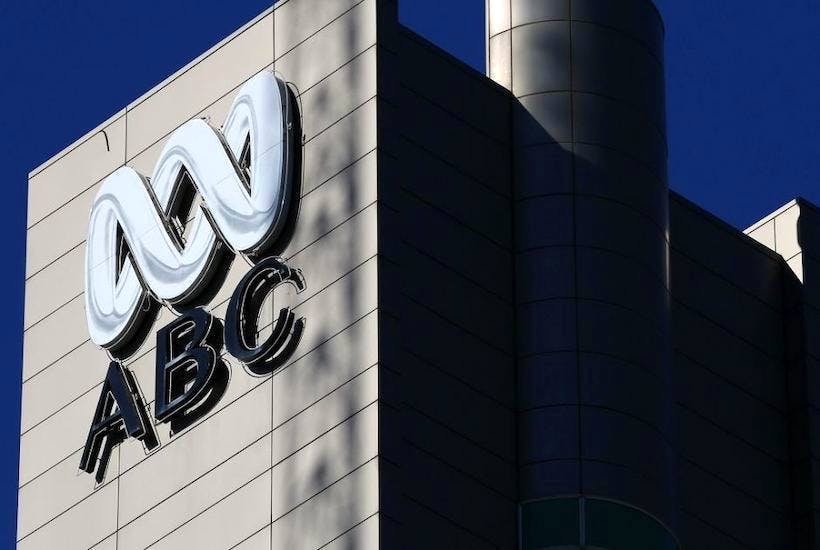
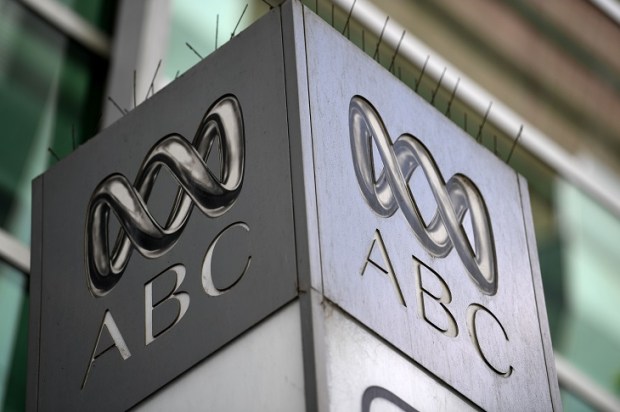
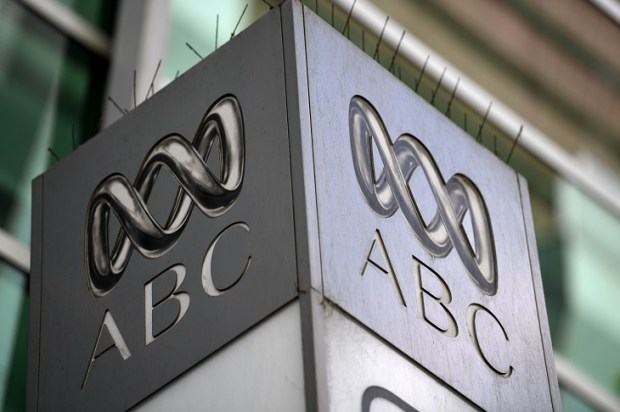
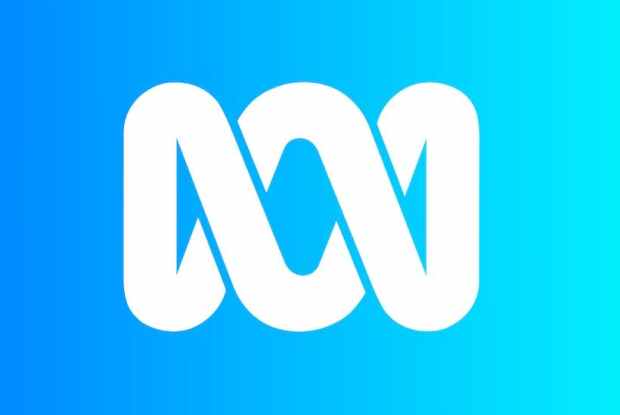

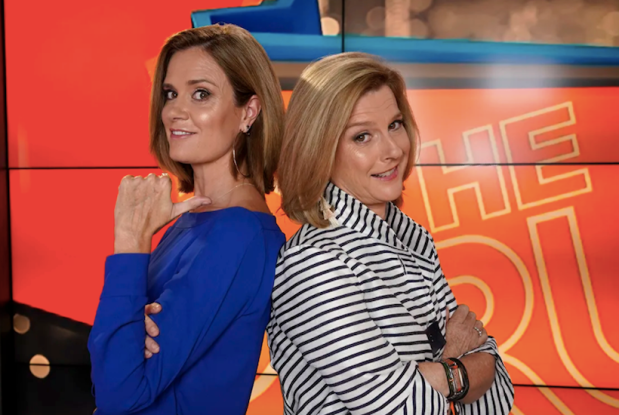


















Comments
Don't miss out
Join the conversation with other Spectator Australia readers. Subscribe to leave a comment.
SUBSCRIBEAlready a subscriber? Log in